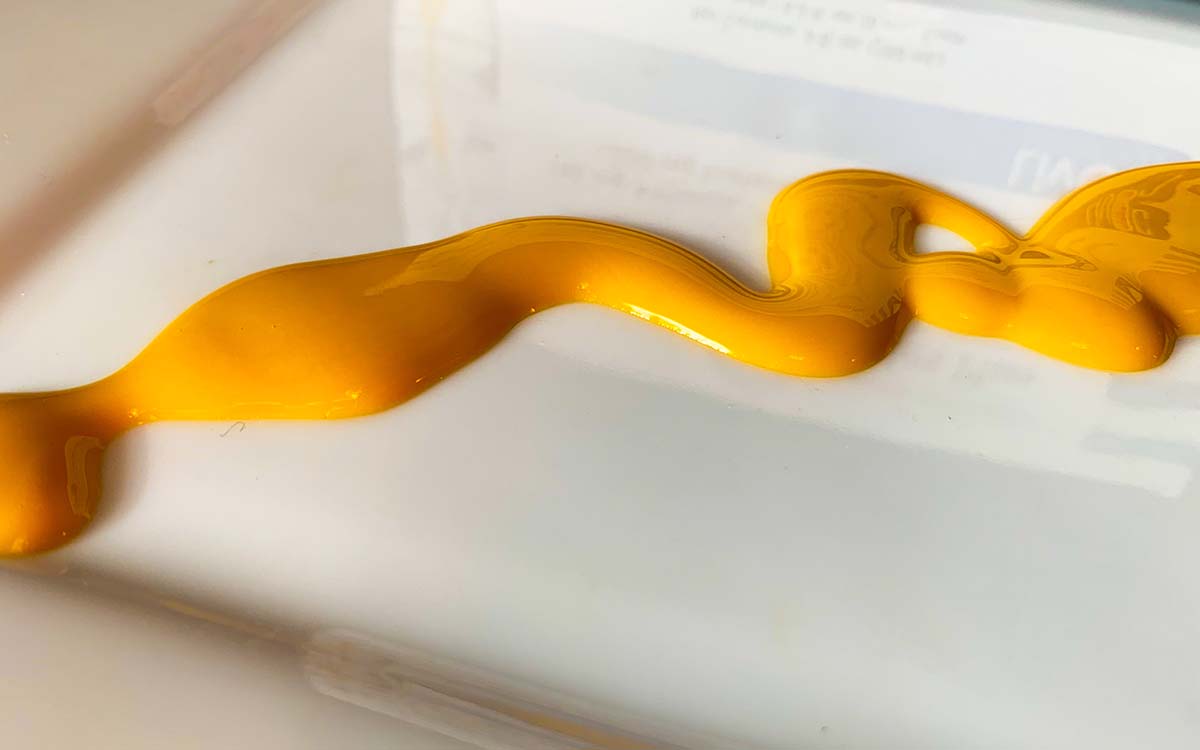
When zinc levels are low, your body can start malfunctioning. With this vital mineral so susceptible to under-consumption and depletion through common lifestyle factors, taking zinc supplements seems like a no-brainer. But it’s not that simple. If you’re taking zinc supplements, you must make sure that you’re doing it right.
Why you need zinc
Zinc deficiency is associated with reduced immune function, specifically depleting certain types of white blood cells. Low zinc also inhibits wound healing. The mineral plays a critical role in maintaining healthy levels of testosterone, insulin, thyroid hormone, and growth hormone.
Zinc has antioxidant properties, and multiple studies indicate an increase in antioxidants superoxide dismutase and glutathione in healthy people after supplementing zinc. Other research notes that deficiency is associated with increased oxidative stress. Because the eyes are extremely susceptible to oxidative damage, zinc’s antioxidant capacity is of particular importance to the retina.
Zinc supplements may also support healthy insulin sensitivity.
Who can benefit from zinc supplements?
Ensuring a steady stream of zinc on a daily basis through supplementing modest doses can benefit everyone. The roughly 10% of people in the US and 50% worldwide who have inadequate zinc intake can benefit from possibly larger doses.
Certain groups are more likely to consume less zinc. Up to around 45% of 60+ adults tend to consume less zinc than the recommended daily allowance.
Gastrointestinal surgery (including bariatric) as well as digestive disorders (including conditions like Crohn’s disease) can interfere with zinc absorption.
Vegetarians and vegans are at heightened risk for deficiency due to both low intake and malabsorption. Meats and seafood are by far the best sources of zinc. Plant sources, like legumes and breads, may contain moderate amounts of zinc but also contain phytates which bind to zinc and prevent it from absorbing.
Up to 50% of alcoholics have low zinc levels. Alcohol decreases zinc absorption and increases excretion of dietary zinc, which alcoholics tend to consume in less-than-adequate amounts to begin with.
The majority of adults with sickle cell disease are deficient in zinc.
Pregnancy and lactation can also be risk factors for deficiency due to increased demands.
Common medications, including antibiotics and diuretics, interfere with zinc absorption and increase risk of deficiency. Cigarette smoke, caffeine, copper, excess calcium supplementation, and estrogen dominance are known to deplete zinc.
How to take zinc supplements
Large doses can cause nausea, especially if taken on an empty stomach. It can also deplete copper, which can lead to anemia.
Zinc supplements should not be taken at the same time as antibiotics or penicillamine as they can interfere with the medications. High doses of supplemental iron may also decrease zinc absorption, so taking iron between meals is often recommended.
While the tolerable upper limit for zinc is 40 mg for adults, taking 100 mg/day for 2–4 months is confirmed safe.
Zinc is water-soluble, so it doesn’t get stored in your body, hence the common recommendation to take zinc supplements every day.
With all the medications, foods, and drinks out there interfering with absorption, it may be wise to take a zinc supplement that offers maximum absorption. With a liposomal supplement, zinc is encapsulated in a microscopic sphere that protects the mineral through the digestive system and transports it into the bloodstream and the cells. Lypo-Spheric® B Complex Plus includes 20 mg zinc, along with other B vitamins that are often depleted by many of the same conditions that lower zinc levels.

